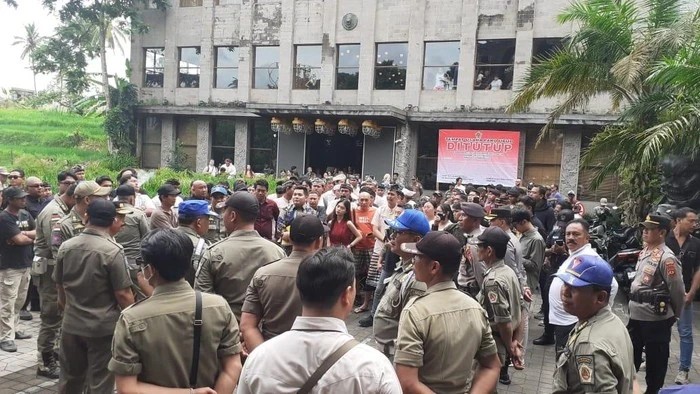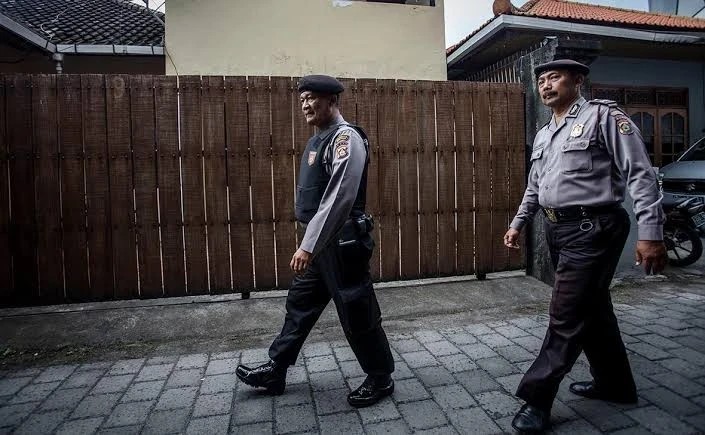
On Friday, January 24, a 53-year-old German businessman, a well-known developer in Bali and the founder of the PARQ residential and entertainment complex, Andre Frey, was taken into custody in Ubud. His arrest is related to a case involving violations of land use regulations and follows the recent closure of the PARQ complex by the police earlier this week.
The suspects include the directors of PT PARQ Ubud Partners, PT Tomorrow Land Development Bali, and PT Alfa Management Bali, stated Bali Police Chief Inspector Daniel Adityajaya. Frey was escorted to a press conference wearing an orange detainee uniform but did not interact with the media.
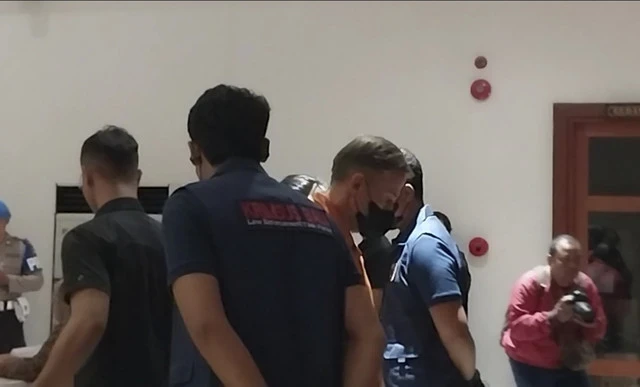
The police revealed that Frey, through his company, deliberately repurposed fertile agricultural land in Ubud into villas and other tourist facilities for business purposes. Following an investigation and witness interviews, Bali police named Frey as a suspect. The investigation was based on a report filed on November 25, 2024. According to Adityajaya, local residents had long complained about agricultural land being developed into commercial properties.

Police accuse Frey of altering the function of protected agricultural lands and rice fields, in violation of Law No. 22 of 2019 on sustainable agricultural systems and/or Law No. 41 of 2009 on the protection of sustainable agricultural land for food production. The suspect developed villas, spas, and livestock farms on protected rice fields and sustainable agricultural areas (LP2B) designated for food production (P1), without obtaining the required permits, Adityajaya explained.
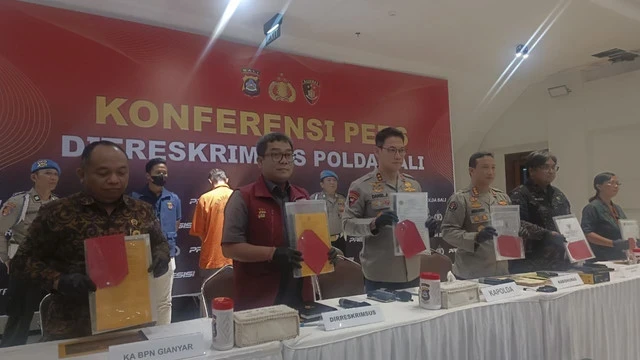
Freys business, spanning about 1.8 hectares, was reportedly built to generate significant profit, but without the necessary legal permissions. During the press briefing, Adityajaya, accompanied by Bali Police Criminal Investigations Director Roy H.S. Sihombing and Public Relations Head Ariasandi, emphasized that evidence gathered included land certificates and lease agreements.
Frey faces charges under Article 109, combined with Article 19(1) and Article 72, related to the unlawful conversion of agricultural land. The police have also confirmed the closure of PARQ, halting all commercial activities within the complex.
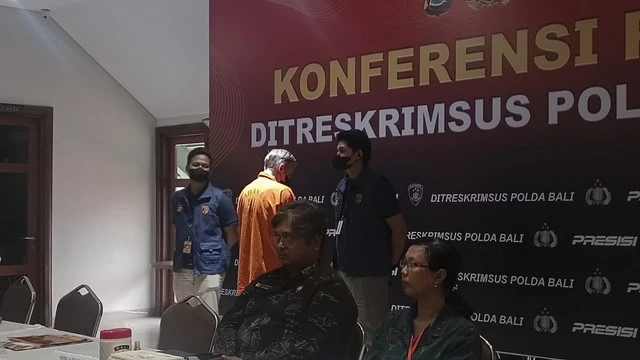
This incident has reignited discussions about foreign investments in Bali. As the newly elected governor and deputy governor prepare to take office, debates on controlling and, in some cases, restricting foreign business operations in the province have intensified.
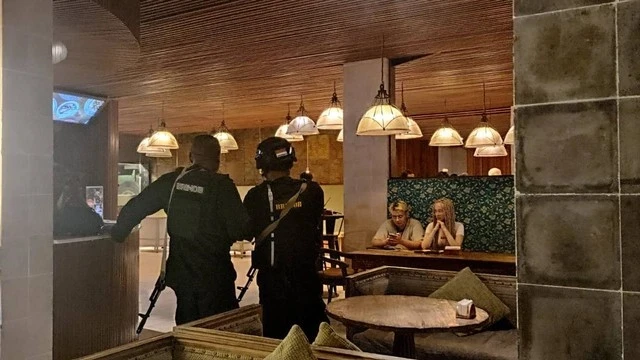
Nyoman Giri Prasta, the incoming deputy governor and current regent of Badunga region with the highest concentration of tourism and international investments urges foreign investors to go beyond legal formalities by securing approval from local communities before launching projects. Whatever the project, the local government must be informed. Village communities, sub-districts, and banjars should also be aware. Its unacceptable to build something without local community approval, said Prasta.

Industry leaders have proposed stricter measures to address what they describe as unchecked tourism development in southern Bali. These include raising the minimum investment threshold for foreign enterprises to operate on the island.
Currently, the minimum investment (PMA) is IDR 10 billion, which is too low and easily accessible for mid-level investors. I suggest increasing it tenfold to IDR 100 billion to give local businesses a better chance, stated I Gusti Ngurah Rai Suryawijaya, Vice Chairman of the Indonesian Hotel and Restaurant Association.
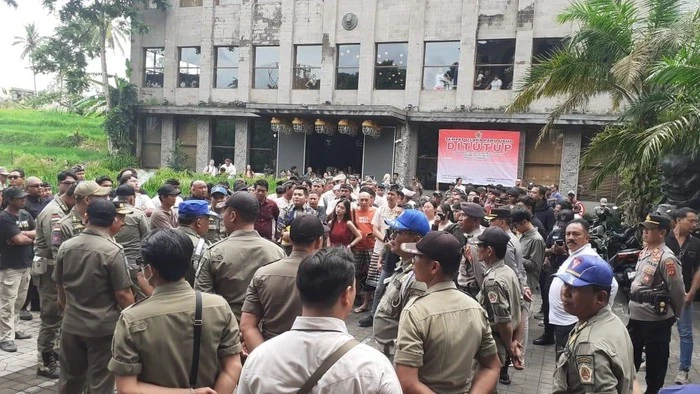
Regarding the PARQ situation, Suryawijaya emphasized the need for stricter oversight to ensure that all foreign businesses comply with national and provincial laws. Foreign businesses must operate within the legal framework and not take jobs away from locals. If they continue breaking our laws, we ll conduct surprise inspections, and offenders will face consequences.
Sources: kumparan.com, detik.com
